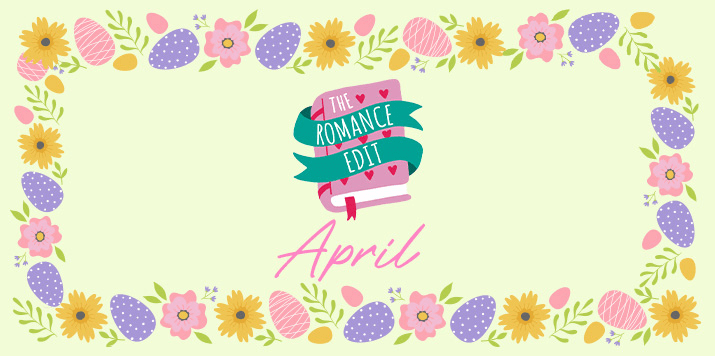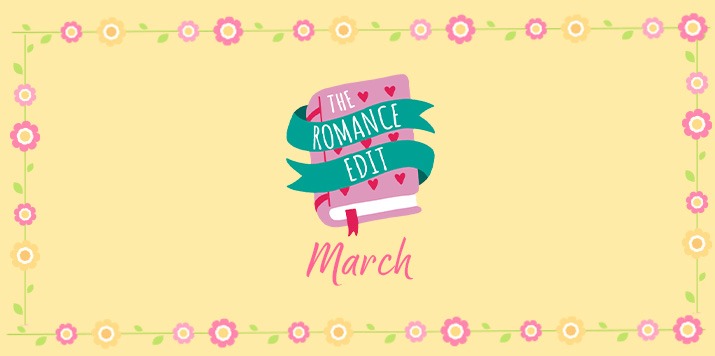November is National Novel Writing Month, and our authors share their hottest, most exclusive writing tips: whether it’s motivation, inspiration or crafting you’re seeking advice for, we have it all covered!
Our Authors’ Top Writing Tips
- Don’t stop writing until you finish the book. You can’t sell a book that isn’t completed. “The End” are the two best words in a writer’s life – Susan Carlisle
- If you’re trying to write action (or romance) scenes and don’t want to act them out yourself try using Playmobil or Lego figures. It’s particularly useful for realising your hero has three arms! – Elisabeth Hobbes
- Here’s my tip. If you get feedback from an editor, agent or publisher, listen to it! Yes, even if it comes as part of a rejection. In fact, especially if it comes with a ‘No, thanks’. You may be tempted to destroy the manuscript in a ritual fire. Honestly, don’t! Rework that manuscript and re-submit it. This feedback is better than a straight ‘No’. They’ve taken the time to critique your project and give you pointers as to how to make it more suitable. This is a good thing! Please, please, don’t be disheartened when that happens. It’s an opportunity to rework, revise, and re-submit – Catherine Tinley
- As I wrote each scene of my debut novel, Safe In The Earl’s Arms, I kept a checklist at my side with four questions to ask myself after writing each scene. Did I add a character’s sensory perception such as taste, smell, touch or something heard; a bit of something which would unique to the reader, a question to be solved soon, and could I sum up the scene in a sentence that moved the story forward? – Liz Tyner
- I owe my entire writing career to NaNoWriMo! I discovered founder Chris Baty’s book, “No Plot, No Problem!” in my local library years ago. I dived straight in and wrote and wrote like mad, eventually polishing it up and sending it to Mills & Boon. That book became ALL NIGHT WITH THE BOSS. NaNoWriMo is all about the freedom and pure, wild FUN of writing. Getting that full draft down in only 30 days is a joyous, crazy ride and it forces you to get that book FINISHED. Go fast, go frantic, go with the crazy plot ideas, because there will be fresh, juicy great writing that you can rework (in amongst the stuff you might chose to delete at a later stage). Never worry about how ‘good’ it is at the time because at the end of that month you have that first draft that you can then rewrite and polish… as they say, you can’t edit a blank page! Embrace and enjoy the challenge—that love will come across in your writing and give it the sparkle and energy that readers really respond to. So have fun this NaNoWriMo! – Natalie Anderson
- My top writing tip is to learn perseverance. It’s not unique, but it is one tip that is true for everyone. Keep going. Even when it hurts. Even when you’re convinced your story stinks. Even when that bright, new, sparkly idea is clamouring for your attention. And when you reach the end, celebrate your achievement. You’ve written a book. It won’t be perfect but you can always make it better – Janice Preston
- ‘I will be published.’ I still smile in our supermarket underground car park when I think of all the times a younger me said this so vehemently to myself as I wheeled my shopping back to the car. And it came true because I wanted it so badly – Sophia James
- Desire, dedication, determination, discipline and persistence are the skills you need to be a writer. A published author is an author who held fast to her dreams, learnt her craft and kept on trying despite the many Crows of Doubt in the form of unhelpful friends and family, nay-sayers and rejections received. Always remember they do not tattoo the number of rejections on your forehead – Michelle Styles
- This may not be the first time you’ve joined in NaNoWriMo and you may be wondering how to keep writing year after year, hoping you will be published one day. My journey to publication was eight years. That’s a lot of hoping! My tip for aspiring writers is to keep focusing on your dream and never lose faith in you, the writer. Just keep writing. Your dream could be around the next corner and if you don’t turn that corner, you’ll never know. Above all, enjoy your writing. Have fun creating your characters and their worlds and that fun and enjoyment will shine through – Rachael Thomas
- My tip for NaNoWriMo is to scream your head off as often as you want; it will help you accept you’re likely to end up with 50,000 words of crap come November 30. Take heart, though – the magic happens when you start editing on December 1 – Avril Tremayne
- My number one NaNoWriMo tip is just don’t stop writing. Don’t read back, don’t worry that you’ve changed your characters’ eye colour, or name, or gender. If you come up with a better idea for your story that doesn’t match what you’ve already written, just keep writing the book as if you’ve already fixed everything that came before. Basically, the aim of NaNo is to have a completed manuscript, so that’s all you need to focus on. November is for writing. December is for editing…
OR
If you decide nothing else before you start writing on November 1st, try to figure out what your main character wants most in the world, why they want it, and what’s stopping them getting it. Hold those facts tight in your head and come back to them whenever you get stuck.
They almost always hold the answer to the question ‘what happens next?’ – Sophie Pembroke
- Read over yesterday’s work, tidy it up and fill it out. It will help bring you back into the story and the words you add go toward your daily word count – Dani Collins
- One great tip I got from Bestselling thriller author of the 80’s John Saul was this: “Do one thing every day for your writing.” Whatever that one thing is—writing a chapter, outlining a new project, answering fan mail, editing yesterday’s pages, research, talking to your editor, recruiting for your street team etc. That one thing can be anything you want. The key is: doing one thing a day makes your writing real for you. It moves you beyond thinking of your writing as that manuscript under the bed that you take out and play with twice a year when you have a break. It moves your writing from being a hobby to being serious. And it moves you towards discipline and focus. Soon, one thing a day becomes two or three things a day you do for your writing and you start thinking of yourself as a writer. It becomes part of your identity. As soon as I did this, I went from writing 1 book a year to writing 4-5 books a year – Bronwyn Scott
- Give yourself permission to write a dirty, messy draft. Just have fun with it. You can fix a rough draft but you can’t fix a blank page – Jennifer Faye
- Discover Your Inner Dude and Don’t Sweat the Small Stuff! i.e: Don’t worry about the actual quality of your writing… NaNo isn’t about finesse or fine, finished, perfectly polished prose, it’s about spewing out your rough draft in a month. So if you realise you’ve used the same stock phrase 50 times in your story to describe your heroine blushing be as laid back as the dude in The Big Lebowski about it and just carry on typing – Heidi Rice
- My writing tip would be – “Experiment with writing at different times of the day and find out what time suits you best. Mine is 5am. I wish it wasn’t, but I’ve finally accepted that’s just how it is. I can get a surprising amount done before everyone else in the house gets up – and then I get to feel smug about it!” – Jenni Fletcher
- I picked up this quote years ago on Twitter. A writer pegged the sticky on her computer and shared a picture. For the life of me, I don’t know who it was though I thanked her profusely at the time. A copy is now pegged to mine. It says:
Don’t worry.
You’ll figure it out—you always do.
Just keep writing – Nicole Locke
- Finish the book! Starting is the easiest – and best – part. But all your efforts won’t mean a thing if you don’t sit down and write that book. It doesn’t have to be good yet – just done! – Therese Beharrie



